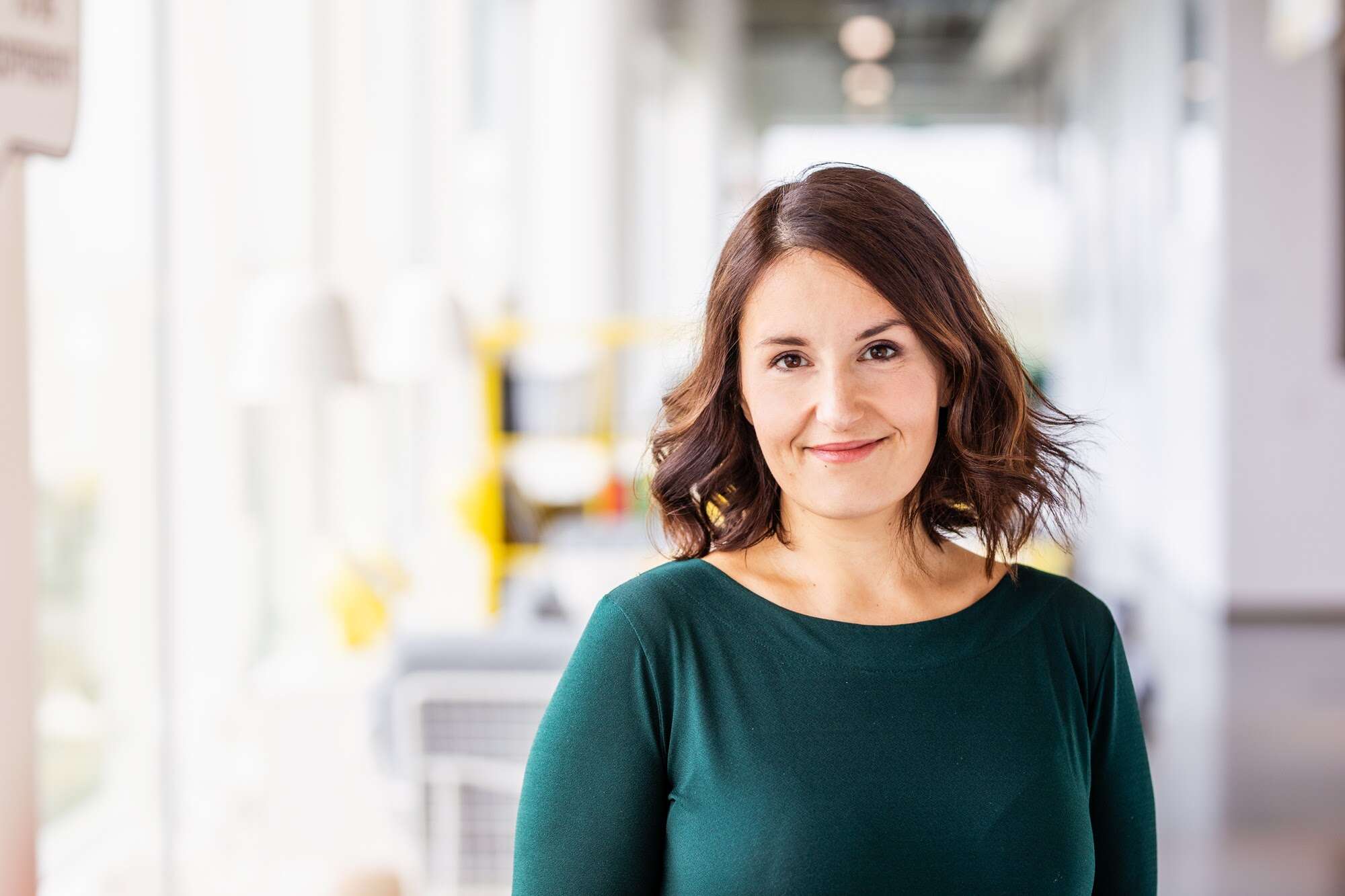

- In 2020, WEF delegates understood why sustainability was an important topic, but the focus was on how companies are going to achieve it.
- Emphasis this year at Davos shifted to supply chains and Scope 3 emissions.
- There is a growing recognition that sustainability presents a real growth opportunity.
With the skis and the salopettes packed away for another year, a month after the World Economic Forum’s (WEF) annual meeting in Davos, it is time for a more sober assessment of what was achieved.
Environmental risks were top of the agenda, especially after the publication of WEF’s 2023 risk report, which did not make for happy reading. It focused on inflation, the cost-of-living crises and trade wars, as well as unsustainable levels of debt, low growth and the “ever-shrinking window” for transition to a 1.5°C world.
The risks were brought home by the lack of snow on the slopes thanks to record temperatures in the Alps and it is notable how much ESG concerns dominate the minds of chief executives [see chart].
There was anger from former US vice-president and climate leader Al Gore about the role of the petrostates in climate negotiations while Swedish climate activist Greta Thunberg called for an end to all fossil fuel funding, saying investors should stop “throwing people under the bus for their own gain”.
Now that the dust has settled, Capital Monitor has sat down with Angela Hultberg, global sustainability director, and Simon Kent, global head of financial services at Chicago-based management consultancy Kearney, who were in attendance at Davos, to get a flavour of what delegates thought and the conversations that took place.
The bridge needs funding
Back in 2020, Kent says, WEF delegates understood why sustainability was an important topic, but the focus was on how companies are going to do it. “How should we approach it? How should we position ourselves? How should we think about this topic? How do we educate ourselves, the board and the shareholders?” he asks.
Three years on and Hultberg says the conversation has matured. The focus of discussion this year at Davos was more about the specifics; supply chains and Scope 3 emissions – those connected with a company but outside its direct control. “I don’t think sustainability is its own topic anymore,” she says.
Where the corporate approach has fundamentally changed, says Kent, is not only the desire to find concrete plans on how best to approach sustainability but also the growing recognition that it presents “a real growth opportunity”.
A lot of organisations struggle to see where the growth is going to come from within their particular sector. “I often describe the path to get from brown to green as a bridge. That bridge needs funding which is going to come from the industry,” he says.
Kent cites the session at Davos headed by Mark Carney. The former governor of the Bank of England pointed out that investment into clean energy and fossil fuel energy currently stands at par – $1 to $1. Carney’s point was that funding needs to develop, not so it is four-to-zero, but rather that it is four-to-one.
“We need to tell that narrative better. It is uncomfortable to say that ‘X is investing in a coal mine’. That can be fine if there’s another $4 going into something else. The narrative needs to be better understood, rather than being a tabloid headline,” says Kent.
Doping in sports
Much discussed was US President Joe Biden’s Inflation Reduction Act (IRA), a $369bn package of climate investments. Some described it as the equivalent of doping in sports in the way that it gave an unfair advantage to US companies via tax subsidies, while others said it was the most important climate action after the Paris 2015 agreement.
“Climate change is global. Any effort to invest in a low conflict point of view is good for everyone,” says Hultberg, who calls the act, “healthy competition”. “Policymakers, central banks [and] governments need to make a stand and show leadership intent,” adds Kent.
Halfway through Davos, European Commission President Ursula von der Leyen announced Europe’s riposte to the IRA, the Green Deal Industrial Plan, a bid to accelerate the corporate transition to carbon neutrality through policy incentives. By the time of that conversation at Davos, the debate had morphed into whether this would simply get companies addicted to assistance.
Both Hultberg and Kent disagree. “This funding is not sustainable over time, but it might get us over the first hurdle,” says Hultberg. Meanwhile, Kent argues the signal to the market that the economic area is serious about sustainability is “very clear”.
The discussion of subsidies, as much as the change in tone of the discussion about sustainability, has brought to the forefront that the debate at Davos has moved from the theoretical to the nitty-gritty of issues, like supply chain collaboration.
Indeed, if there is a word to sum up the 53rd Davos, it is collaboration. “No sector can decarbonise alone, no business can decarbonise alone, and no country can decarbonise alone. We need that cross-functional, public-private collaboration,” concludes Hultberg.






